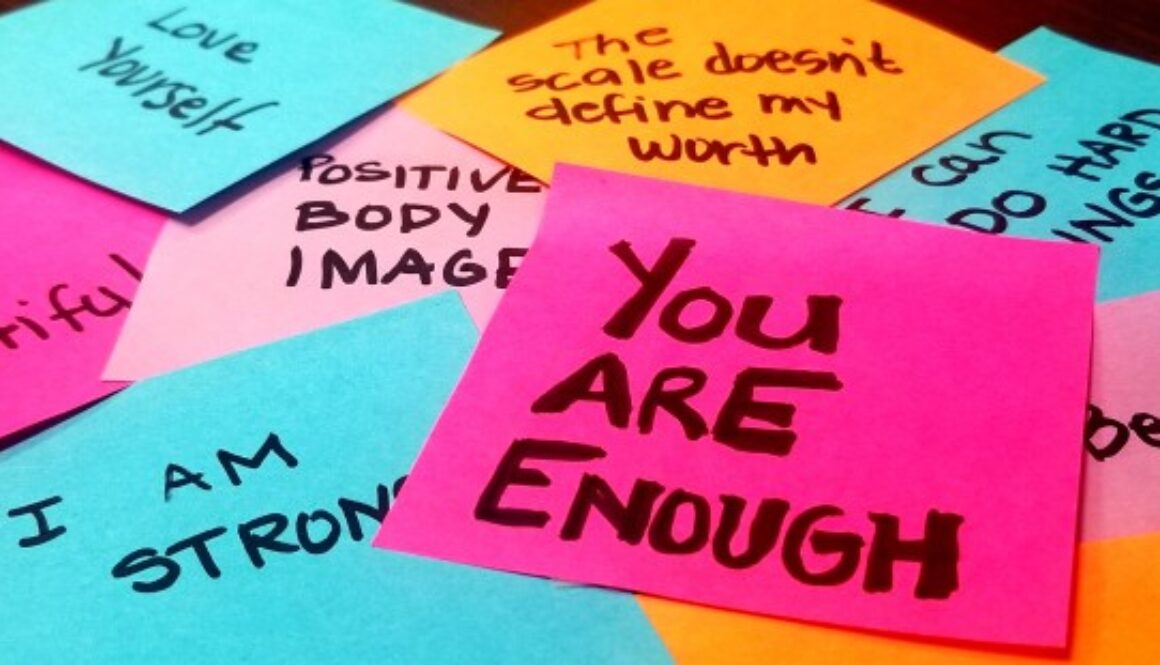What Does Depression Look Like?

Depression has many faces many symptoms. Some bold and others subtle. If you or someone you know may be dealing with depression, it’s important to recognize and understands the signs. Listed below are a few common signs of depression and how to handle it as a loved one, and as the person experiencing it.
Persistent Sadness
Feeling sad sometimes, but happy at other times is a part of life, but overwhelming and persistent sadness is common in people with depression. Once the overwhelming, persistent sadness takes over, a sense of hopelessness sets in, making it difficult to see the good in any situation. These feelings can make even the simplest task seem like a giant obstacle that can’t be overcome.
Loss of Interest
Depression can take the enjoyment out of many things you once had an interest in. A person may no longer have the desire to participate in hobbies, sports, going out with friends, and even having sex. Even when you do participate in these activities, they don’t feel as pleasurable, fulfilling as before.
Isolation
Right after the loss of interest, isolation follows. The isolation can urge you to pull away and shut down, resulting in feeling lonely and distant. Isolation isn’t always a bad thing. Sometimes, taking a break and distancing yourself for a while to recuperate is needed to be the best version of yourself. Isolation can increase productivity, allow us to recharge, and even assist us in learning more about ourselves. However, lacking social connections and constantly feeling lonely are signs of too much alone time.
Irritability
The mood swings sometimes present themselves as irritability, frustration, crying, and outbursts…over matters that didn’t seem to be much of a bother before.
Difficulty Concentrating
Depression can make it difficult for individuals to focus, remember, and even make decisions. People suffering from depression are sometimes less productive at work and school.
Suicidal Tendencies
Many people experience suicidal thoughts when depressed. Suicidal tendencies can include an increased use of alcohol, a noticeable increase or decrease of food intake, making comments about dying, abusing drugs, driving recklessly, randomly having a gun, knives, or pills around.
Low Energy
Depression can make the simplest tasks and activities take much more effort than before. People with depression may sleep a lot or rarely. Sometimes, even after a good night’s rest, they may still feel tired.
What Loved Ones Can Do
Watching your loved one deal with depression is hard. Remember that no matter how distant your loved one becomes, keep including them and keep checking on them. The topic of depression should not immediately be brought up, but over some time of listening and asking questions, the option of seeking professional help should be mentioned.
Help should always be carefully suggested and not aggressively forced, or else the depressed loved one could pull away even more. It’s important for family and friends to assure their loved one that regardless of what they do, and even if they don’t seek help now, they will still be loved and have a community.
What People Suffering From Depression Can Do
With depression, the desire to do anything is difficult, but being socially, mentally, and physically active can combat depression. It’s important for people suffering from depression to attend social events, welcome calls, visits, and check-ups from loved ones. The more isolated a person is, the more depressed they could become.
Set A Routine: Setting daily goals to work towards can give you something to look forward to, and help you feel more of a sense of purpose. You could also make a mental list of things that you are grateful for everyday, sorting out a stack of mail, talking a walk in the park, going to the gym, or watching a comedy can help you to forget you’re depressed
Know it’s only temporary: Despite what thoughts and feelings you have, understand that everything your mind may be telling you isn’t completely accurate. You may feel hopeless and lonely, but that may not be the reality.
If you or someone you know may be experiencing depression, it may be time to consider a therapist. Therapy provides a safe, non-judgmental space where you can release. Therapy can also help identify the cause of one’s depression and offer ways to enjoy life again.

At CWC Coaching, our team consists of licensed therapists, life coaches, and counselors. We assist clients with self-improvement, career development, negative self-talk, psychological pain, self-sabotaging behavior, past hurts and finding your purpose. If you are ready to increase your self-awareness and happiness, breakthrough limiting behavior and understand your purpose in life, we’d love to help guide you on this journey.







